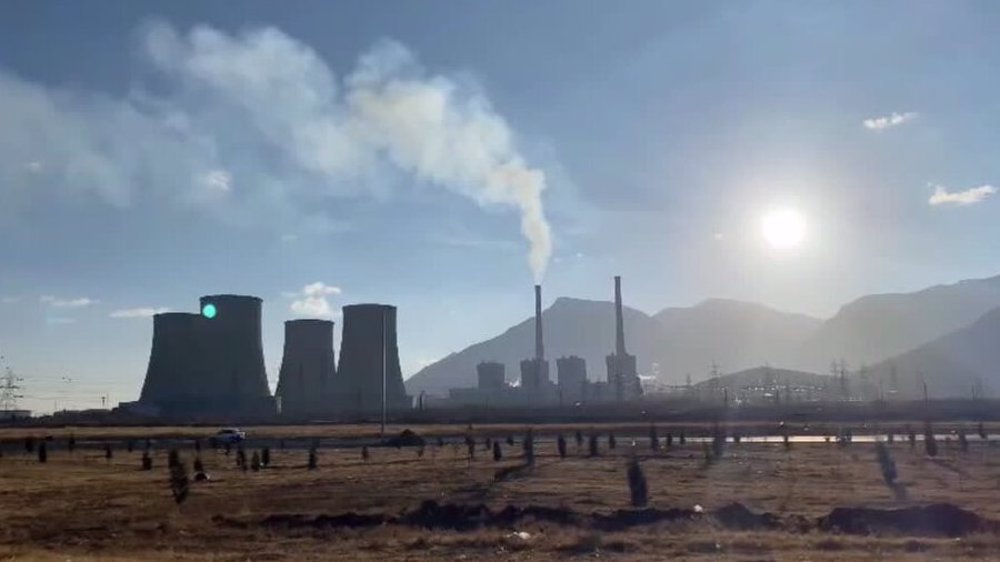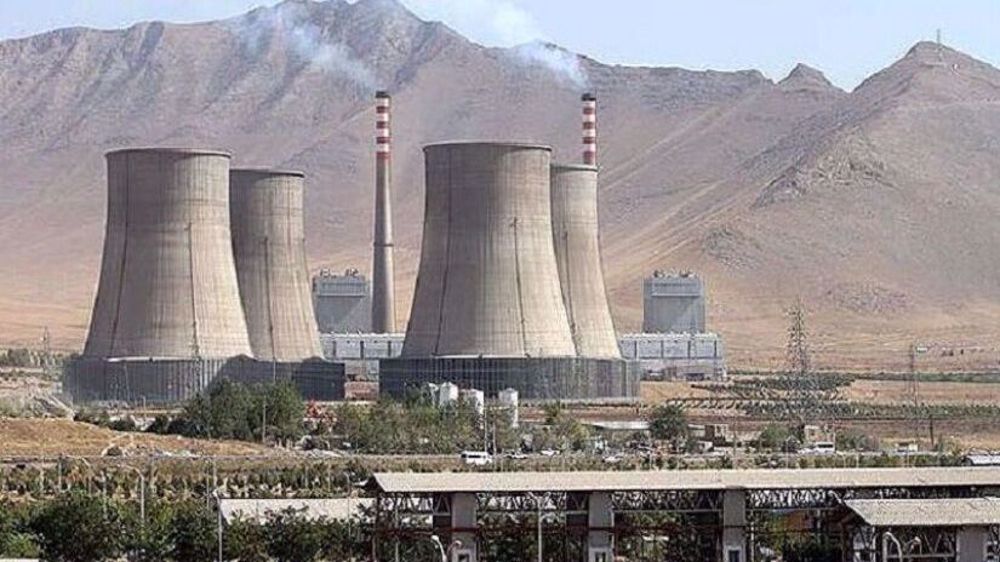Iran can hit 1 million bpd mark ‘in 3 months’
Iran’s biggest oil producer says the country is able to ramp up crude production by 1 million barrels per day within three months after the removal of sanctions.
The announcement by NISOC Managing Director Bijan Aalipour, whose National Iranian South Oil Company accounts for more than 80% of Iran’s overall crude production, trumps other officials’ estimates of six months to reach this level.
“In the first step and the short term, it is possible to raise production by 500,000 bpd in the post-sanction period. Moreover, within a time of three months, it will be possible to increase output by 1 million bpd as approved and announced (by Ministry of Petroleum),” he said on Saturday.
Iranian officials, including Minister of Petroleum Bijan Zangeneh, had earlier said the country was about to produce an additional 500,000 bpd within two months and 1 million barrels after six months when the sanctions were lifted.
Tehran is unperturbed by lower oil prices, saying it will not wait for the prices to improve in order to raise production.

Sanctions have forced Iran to cut oil exports by 1 million bpd and the country is all set to redeem the lost ground after the annulment of those restrictions. Zangeneh has pledged that nothing would be spared to regain the market share.
“With all power, we have to push aside the tyrannical conditions imposed against our country since protecting Iran’s share in OPEC and the global market is among vital parameters for us,” he told national television Wednesday night.
“It is not a problem if our exports double and the price declines by half since we are used to lower prices and living with resilience," he said.
“Those who have had excess production and income should be worried. The Iranian government doesn’t have the right to relinquish its historical share in the oil market on the ground that it could bolster the prices,” Zangeneh said.
Saudi Arabia is being blamed for the sagging crude prices which hit a 6.5-year low this week. It is producing oil at full capacity despite a huge excess of barrels in the market.
Trump 2.0 and its possible implications on Ukraine war, NATO and Europe
Israeli commander exposed troops to resistance fire to steal plasma screens
Iran lifts ban on WhatsApp, Google Play
VIDEO | Palestinian childhood under threat
Yemeni forces strike Israeli military site with hypersonic missile
Yemeni missiles alter US, Israel’s calculations: Iranian FM
Israel provides full support for theft of aid to starve Gazans: Report
'Israel booby-trapped walkie-talkies, pagers years before Lebanon blasts'










 This makes it easy to access the Press TV website
This makes it easy to access the Press TV website